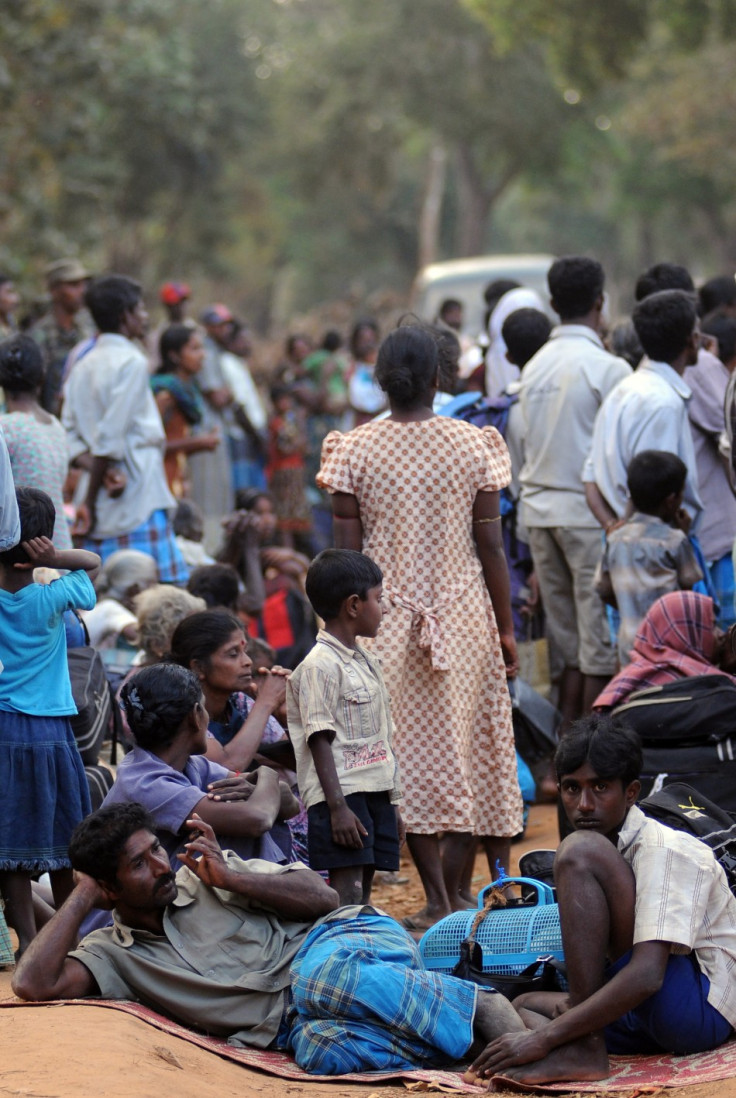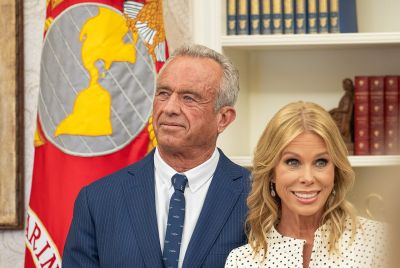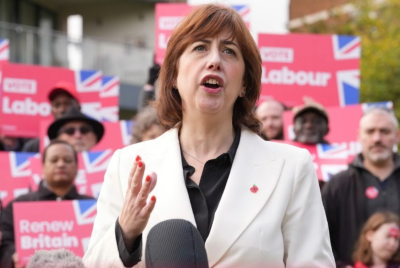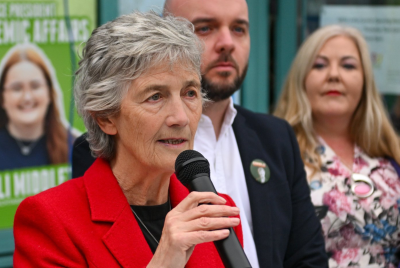Channel 4 "Sri Lanka Killing Fields": Is the US war on terror responsible?

"We strongly condemn terrorism in all its forms and manifestations, committed by whomever, wherever and for whatever purposes, as it constitutes one of one of the most serious threat to international peace and security", this UN resolution was adopted in 2005 and set international background in which the Sri Lankan civil war was fought.
Following the diffusion of the Channel 4 documentary on the Sri Lankan civil war, the UK called for the Sri Lankan government to launch an investigation following allegations of war crimes. However, looking back on the conflict, it becomes clear that the horror that slowly unfolded in Sri Lanka only became possible because of the silence that surrounded it. In the last phase of the civil war, which was the most violent and brutal, there was almost no reporting in the mainstream international press of what was really taking place there.
Looking at the different statement made by the former Foreign minister Lakshman Kadirgamar it looks as though the Sri Lankan government extensively used the propaganda of "the war on terror" as a cover up, by insisting on the need to defend democracy while civilians were getting caught up in the war and killed on a daily basis.
"The whole problem here is not between the Tamil people and the Sinhala people or the Muslim people. They still very much live in harmony and don't forget a large number of Tamil people live in the Western Province and the Central province and elsewhere, they get on perfectly well with their brothers and sisters of other communities. This is not a people's problem at all. it is not a civil war..." Lakshman Kadirgamar, fthe ormer foreign minister of Sri Lanka said about the war.
At the UN in 2005, following the adoption of the new resolution, the Sri Lankan minister declared: "There can be no questions that terror in all its manifestation must be fought relentlessly and globally. Gone are the days when a country affected by terror as my country has been for decades, can be told by the international community: we are sorry about what's happening in your land but there is nothing we can do to help because we have no laws to combat terror".
While the government insisted its aim was only to defeat the Liberation Tigers of Tamil Eelam (LTTE), a group listed as a terrorist organisation in 32 countries, and is even classified as a Specially Designated Global Terrorist (SDGT), organisation by the U.S since 2001, reports emerging form the island were completely different. Many accused the government of working on the principle that every Tamil is a terrorist unless he or she can prove otherwise. During the war, civilian areas, hospitals and shelters were being bombed and the whole country quickly turned into a war zone.
Meanwhile, while the international media were covering the establishment of several "welfare villages" to house displaced Tamils in Vavuniya and Mannar districts, civilians were instead calling them concentration camps.
At the time, Mangala Samaraveera, a former foreign minister, told the Telegraph: "A few months ago the government started registering all Tamils in Colombo on the grounds that they could be a security threat, but this could be exploited for other purposes, like the Nazis in the 1930s. They're basically going to label the whole civilian Tamil population as potential terrorists."
The Sri Lanka government never hid its objective to "wipe out" the LTTE, which it considers as a terrorist organisation, and surely it rapidly understood that the international context surrounding the war as an asset.
With the US and more generally the West going on a crackdown against terrorism, killing in the name of security was legitimate. At the time, states throughout the world were encouraged to fight off terrorist groups in order to bring about a "better and a safer world." The problem however with the war on terror, was that it gave far too much power to the governments; it enabled an increase of state sovereignty but diminished the need for accountability at the same time.
In 2008, during a meeting between former Sril Lankan Prime Minister Ratnasiri Wickremanayake and his Israeli counterpart Ehud Olmert, the two leaders discussed, terrorism and the common threats their countries both faced. The press widely reported at the time that Mr Olmert told his the Sri Lankan politician: "Do not give in to terrorism because it will only bring destruction to your country. Terrorism must be fought; one must not capitulate to it", which was then not seen as a cause for concern.
Mr Olmert's position was not controversial at the time, especially since fighting terrorism was the new crusade, one in which innocent people will have to die in the name of peace. That is exactly what happened in Sri Lanka and it becomes then clear why the International community did not react more harshly toward the Sri Lankan government. The war on terror served as a justification for the invasion of Iraq and Afghanistan, two countries which ten years latter are still shattered and fractured, with a rather bleak future. It seems that it has, under the eyes of the International community, also been used as a cover up for a conflict that was nothing more than a racist war.
© Copyright IBTimes 2025. All rights reserved.





















